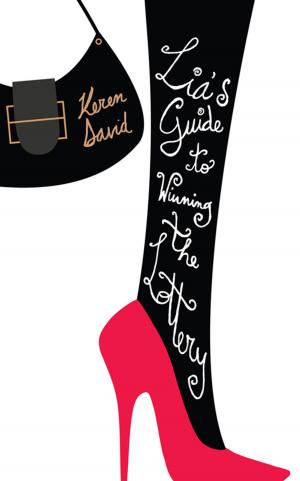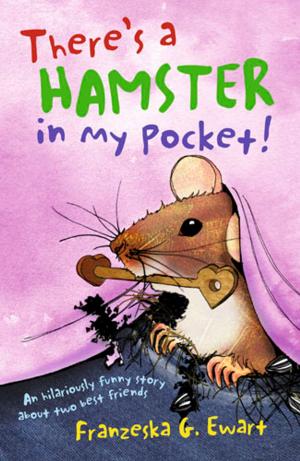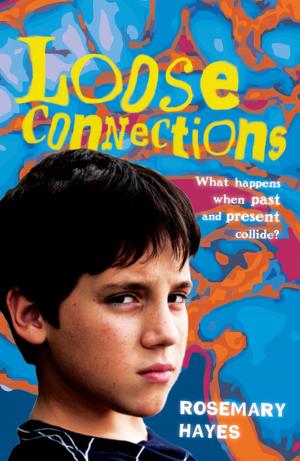| Author: | Mark Girouard | ISBN: | 9781781010884 |
| Publisher: | Frances Lincoln | Publication: | October 6, 2011 |
| Imprint: | Language: | English |
| Author: | Mark Girouard |
| ISBN: | 9781781010884 |
| Publisher: | Frances Lincoln |
| Publication: | October 6, 2011 |
| Imprint: | |
| Language: | English |
Does a neglected masterpiece by Jane Austen enshrine her first love affair? Who was Vita Sackville West's real grandfather? What clues are there to the identity of 'Walter', doyen of Victorian pornographers? When and why did P.G. Wodehouse mutate from hack to genius? Was Oscar Wilde really down and out in Paris? Was Brideshead really Madresfield?
These and other excursions into literary or social history have developed out of Mark Girouard's spare time enthusiasms, as diversions from his main occupation as an architectural historian. In nine essays he calls attention to points that have not been noticed before, corrects fallacies that have got into general circulation, suggests, identifies, redates, refutes, or pours a little cold water on unjustified romanticisms. Three further essays sample another enthusiasm, his own family background, and introduce characters such as the dwarf who had to stand on a bench to address the South African Parliament, the colonial governor who fell in love with his niece, and the dowager duchess with whom he spent his childhood on the edge of the park at Chatsworth.
Does a neglected masterpiece by Jane Austen enshrine her first love affair? Who was Vita Sackville West's real grandfather? What clues are there to the identity of 'Walter', doyen of Victorian pornographers? When and why did P.G. Wodehouse mutate from hack to genius? Was Oscar Wilde really down and out in Paris? Was Brideshead really Madresfield?
These and other excursions into literary or social history have developed out of Mark Girouard's spare time enthusiasms, as diversions from his main occupation as an architectural historian. In nine essays he calls attention to points that have not been noticed before, corrects fallacies that have got into general circulation, suggests, identifies, redates, refutes, or pours a little cold water on unjustified romanticisms. Three further essays sample another enthusiasm, his own family background, and introduce characters such as the dwarf who had to stand on a bench to address the South African Parliament, the colonial governor who fell in love with his niece, and the dowager duchess with whom he spent his childhood on the edge of the park at Chatsworth.















